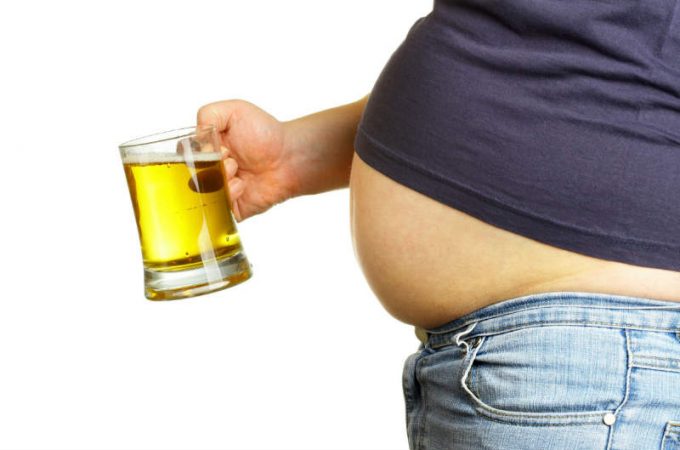
Common Weight Loss Myths
If your favourite pair of pants is beginning to feel a little tight, or you want to rid yourself of excess weight and feel the benefits of staying fit, it’s challenging to know where to start. There is a lot of information out there telling you how to lose weight, how to get fit, and how to eat healthily.
However, how much of it can you trust? You need to be able to sift through the mistruths to get to the facts. We’ve listed some common weight loss myths below that may come in helpful as you begin your weight loss journey.
You Should Go on a Detox Diet to Get Started
To get started, you just need to start, and you don’t need a detox diet to be that initial first step. By going on a detox diet, you run the risk of depriving your body of vital nutrients it requires to function. While there are a few positives of detoxing, the overall consensus is that you’re more likely to gain weight after detoxing when you start eating properly again. Instead, just get going. Start exercising, make better food choices, and kickstart your new lifestyle that way.
You Should Avoid Carbs
Low carb diets are everywhere, and it’s often the first thing you think of cutting out when you’re trying to lose weight and think about staying fit. However, the key to healthy carbohydrate intake is knowing which carbs to avoid and which to keep eating. They aren’t all bad. Whole grains, beans, legumes, nuts, seeds, fruits, and vegetables are all part of a healthy diet.
In fact, they all offer fibre and nutrients your body requires on a daily basis. What you should be cutting down on instead are refined carbs such as processed snacks, white pasta, and white rice.
Don’t Eat Late at Night
While it’s true that there is a connection between a higher BMI and those who eat meals late at night, it’s important to take into consideration your own unique patterns. If you’re a late riser and are therefore late to go to bed, you run the risk of not eating enough during the day if you don’t eat dinner past, for example, 7 pm. So, rather than stick with the notion that eating past six or seven in the evening will make you gain weight, think of the gap between dinner time and bedtime.
Don’t eat two hours before bed, ensure you eat within at least three hours of waking in the morning, and ensure the gap between meals is no more than five hours.
You Can’t Eat Any Treats
If you don’t treat yourself every now and again, you may soon find yourself resenting your new goal of staying fit and keeping healthy. Rather than eat salad day in, day out, it’s okay to treat yourself to a piece of cake from the bakery. You aren’t cheating yourself, and you haven’t fallen off the bandwagon. The key to a healthy lifestyle is moderation.
Everyone has their tips and tricks for losing weight – some more effective than others. If you’ve decided that now is the time to become a better version of you, it’s a good idea to consult a professional. A nutritionist, dietician and personal trainer can help set you on the path to success.



